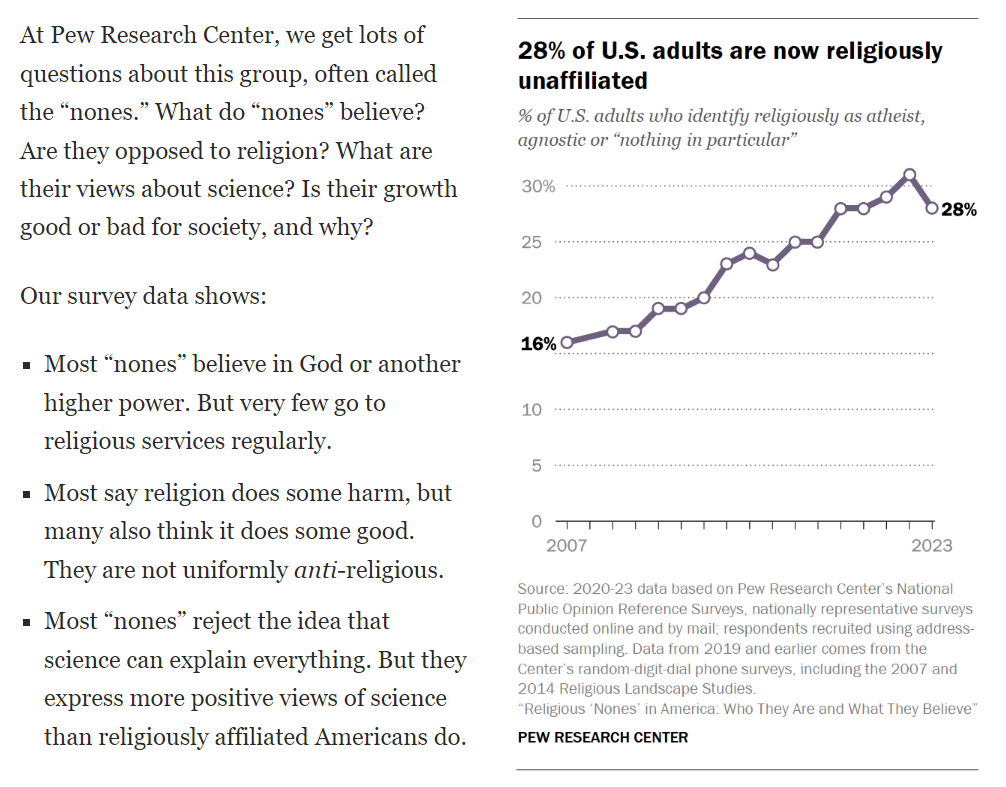A lot of people might consider themselves open-minded, independent thinkers, but what does that mean? How many true freethinkers are there?

Today's society and political climate is filled with extreme labeling, binary thinking, and disrespectful attacks of opposing viewpoints. It is getting easier and easier to form assumptions about other people based off of one simple fact you may know about them - for example, who they voted for in the last election. Rather than having respectful discussion, many people shut out those who disagree with them by unfollowing them on social media or ceasing contact with those former acquaintances or even friends. True freethinkers believe this is close-minded behavior, and that it is important to foster respectful debate that emphasizes facts, science, and logic to challenge not only others' viewpoints but also their own.
People can be freethinking in many different aspects of life. Some people consider themselves independents in politics because they do not always align themselves with the same political party, rather, they analyze all the facts and candidates for every election and make whichever decision that they feel is best. Other people consider themselves freethinkers when it comes to religion, because they reject dogmatic principles that are not founded on measurable scientific principles or what they perceive is reasonable logic. These people usually do not associate with a particular religious ideology.
Freethinking can apply to social principles as well. For example, most societies tend to have very different expectations for men and women when it comes to how they dress, behave, and interact with one another. While most people in our society embrace these expectations and conform to them, a freethinker might ask: "why do we have these norms? Are they necessary? Are they fair?"
Being skeptical of so many teachings is not easy. In fact, the reason why most people fail to question any of these things because it takes too much effort! It is in our nature as humans to conserve our brain power as much as possible, which is why we constantly form generalizations and assumptions about other people, places, things, and ideas. For example, I have never tried an anchovy, but I assume that they are not something I would like based solely on negative reviews I have seen on TV.
It is important to note that while freethinkers support skepticism, they do not necessarily believe that it is important for everyone to agree on every topic. For example, an atheist might not personally believe in a higher power but not have any issues with those who do. Because this difference opinion does not necessarily affect each person's personal rights or way of living, they might feel that it is perfectly okay to disagree.
Now, lets take a look at how many freethinking people there actually are. The following figure was pulled from a PEW Research center report on "independents" in politics.

As you can see, while about 38% of voters considered themselves independent in 2018, only about 9% did not actually lean towards one of the two main political parties.
However, this number is very different in the religious realm. The following image was clipped from another PEW Research article. The graph shows the increasing number of "nones" since 2007.

It is difficult to say how many people are freethinking when it comes to generic societal norms - particularly because most of these things are hard to define. But this is a topic that could be further explored in the future.
Overall, freethinking is all about being able to listen to various arguments, ask questions, and seek out the facts before coming to a conclusion about something. So, now it's time to ask yourself: are you a freethinker?
Add comment
Comments